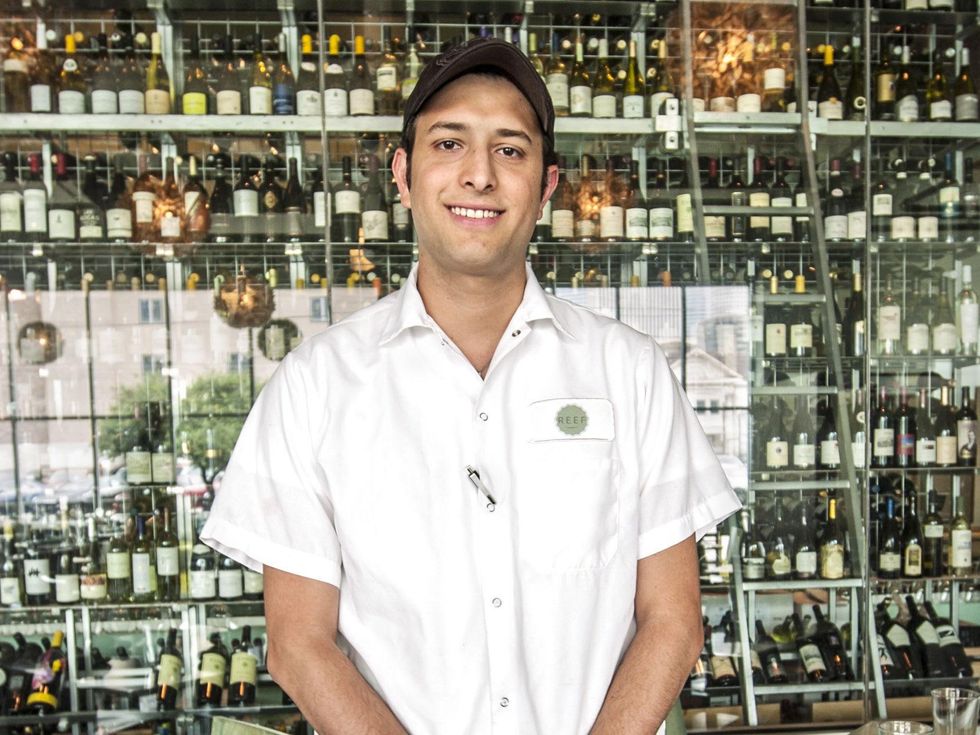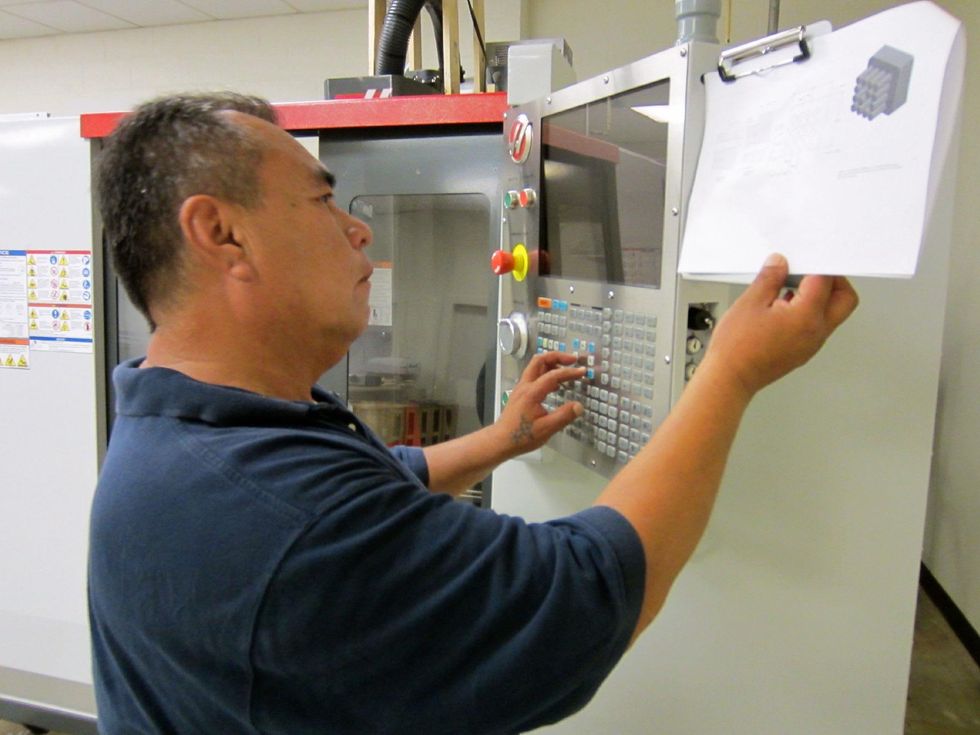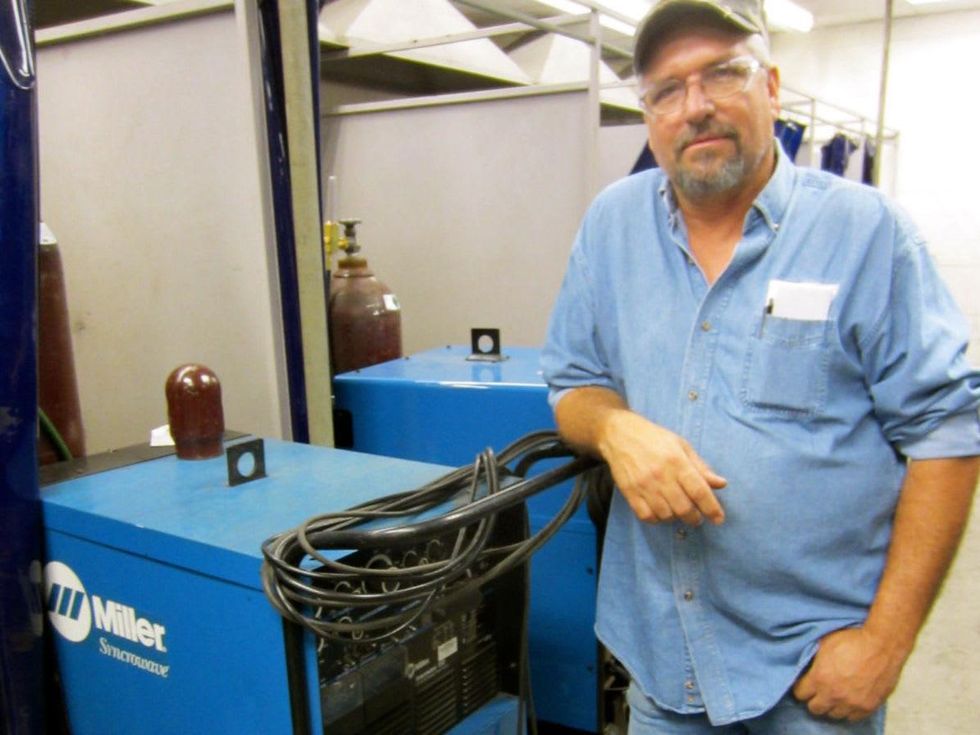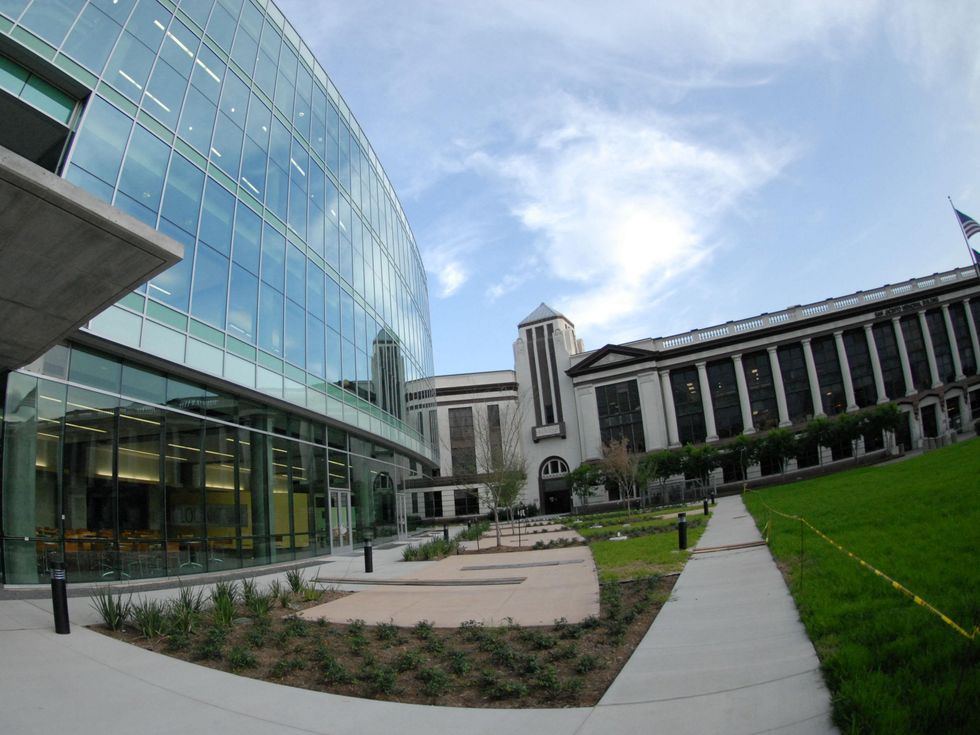High-quality, affordable education
From culinary arts to computer science, Houston Community College gets Houston working
How did Felipe Riccio become one of the youngest sous chefs at Reef, one of the city's finest restaurants? How did 56-year-old Enrique Chavez, who was unemployed for six months, find a computer-related job paying $18 an hour? What helped 48-year-old James Williams get a full-time welding job paying overtime and full benefits after being unemployed for almost a year?
The answer: Houston Community College, where Riccio, Chavez and Williams are among some 75,000 students recently learning or improving their skills and studying everything from culinary arts to computer science and welding.
Established in 1971, HCC is a two-year college with campuses in Houston, Missouri City and Stafford — and very affordable admission, approximately 70 percent less than any of the state's four-year colleges and universities.
"At HCC . . . we are changing people's lives," writes Madeline Burillo, HCC's associate vice chancellor of workforce.
"At HCC . . . we are changing people's lives," writes Madeline Burillo, HCC's associate vice chancellor of workforce, in her Workforce Instruction year-end report.
Burillo's report emphasized that the community college is helping the economy of the Houston area by providing skilled workers to business and industry.
Felipe Riccio, for instance, went to HCC's culinary school, where he found a state-of-the-art kitchen and honed his skills under a faculty of experienced chefs.
"Every single cook I meet, I tell them, 'Don't waste your money with those other schools. Go to HCC. I had a great experience, with great teachers,'" says Riccio, who claims that it was the best decision he ever made. The young sous chef recently signed on with the hot new restaurant The Pass and Provisions.
Enrique Chavez entered HCC's Manufacturing Engineering program last fall. He learned to design and model parts and fixtures using software and also improved his computer skills. After finding employment this summer, he planned to continue coursework at HCC this fall.
James Williams came to HCC to take Welding Fundamentals, along with several related classes.
"What I've learned here has been very beneficial," he says. Without those classes, Williams believes he couldn't have passed the welder qualification tests, let alone land his present job.
Secret to Success
One of the secrets of Houston Community College is what a massive institution it has become since it was established in 1971. In addition to the Central College in midtown Houston, there are five other HCC commuter campuses spread throughout the city and beyond.
Like the central college, Coleman College for Health Sciences is located in downtown Houston, in the Texas Medical Center. The other four are named for the areas they cover: Northeast College, Northwest College, Southeast College and Southwest College cover all corners of the city, and most have several campuses.
But while HCC has been dramatically expanding, the funds and facilities to keep it growing have not kept pace.
But while HCC has been dramatically expanding, the funds and facilities to keep it growing have not kept pace.
State funding has decreased by $64 million over the last two-year period, and further decreases are expected; HCC's 53-square foot per student in a classroom is only 66 percent of the national average of 80 square feet per student; classrooms and labs need to be upgraded with the latest technology, and there are many other areas of HCC that need improving and expanding.
In order to continue providing high-quality, affordable education, the college needs money. Its decision: To ask voters to approve a $425 million bond referendum when they go to the polls next month.
The next story in this series will explore how HCC is working with several organizations in the city to help low-income students get an education.
Felipe Riccio graduated from the Culinary Arts program at Houston Community College and worked as a sous chefs at Reef before recently joining the staff at The Pass and Provisions.



